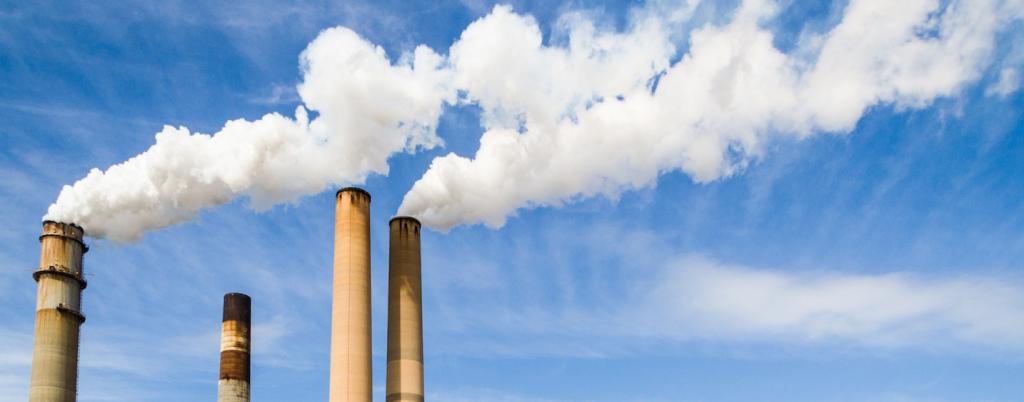Climate change, air pollution, heatwaves and infertile soils are alarmingly threatening all places of the globe. The city of New York will gather international actors to address climate change and formulate common strategies for a safer and cleaner world. António Guterres, UN Secretary-General will host the UN Climate Action Summit on 23 September 2019 to increase global efforts in order to respond to environmental challenges. This event aims to generate realistic plans and concrete objectives for all nations.
Climate change and environmental degradation are generating direct consequences on people’s health and well-being. Air pollution is causing the death of 4,2 million people per year. Water shortages around the world are compromising hygiene and increasing the risks of infectious disease transmission, especially among vulnerable communities. Experts estimate that malnutrition, diarrhoea and extreme air temperatures can cause 250,000 additional deaths per year between 2030 and 2050. Other determinants such as heatwaves, harmful agents, mosquitoes’ geographic change and the spread of mosquito-borne diseases are increasingly creating new challenges in the health sector. Environmental damage is also affecting the displacement of communities, leading to higher rates of environmental refugees every year. During the recent Pacific Health Ministers Meeting, WHO’s Director General, stressed that the health consequences created by climate change are tremendous and require urgent attention: “I believe strongly that to elicit the action we need, we must reframe climate change as a health issue. The effects of climate change on human health are much more immediate, including death and disease caused by extreme weather events, heat stress, waterborne and foodborne diseases, malnutrition and more”.
The Paris Agreement on Climate Change played a key role by setting a policy framework for action. However, to limit climate change and reverse environmental degradation, the agreement needs to be supported by real actions in all countries. The UN Climate Action Summit will urge all governments to take concrete and immediate initiatives, accelerate progress and multiply their efforts. The current climate crisis requires global cooperation, national and individual commitment and industrial transformation. The Summit also aims to highlight additional key areas such as youth engagement and public mobilisation from civil society. Member States are scheduled to submit their climate plans and objectives by 2020.
To ensure impactful changes, six portfolios of action have been prioritised by the Secretary-General for the UN Climate Action Summit:
- Energy Transition: accelerate the transition from fossil fuels towards renewable energy;
- Climate Finance and Carbon Pricing: mobilise public and private resources to drive decarbonisation of all priority sectors;
- Industry Transition: transform industries such as oil, gas, steel, cement, chemicals and information technology;
- Nature-Based Solutions: promote sustainable agriculture and develop efficient managements of forests and oceans;
- Cities and Local Action: Advance mitigation and resilience at urban and local levels and lower the emissions of mass transport, urban infrastructures and buildings;
- Resilience and Adaptation: advance global efforts to address and manage the impacts and risks of climate change, especially for vulnerable communities.


